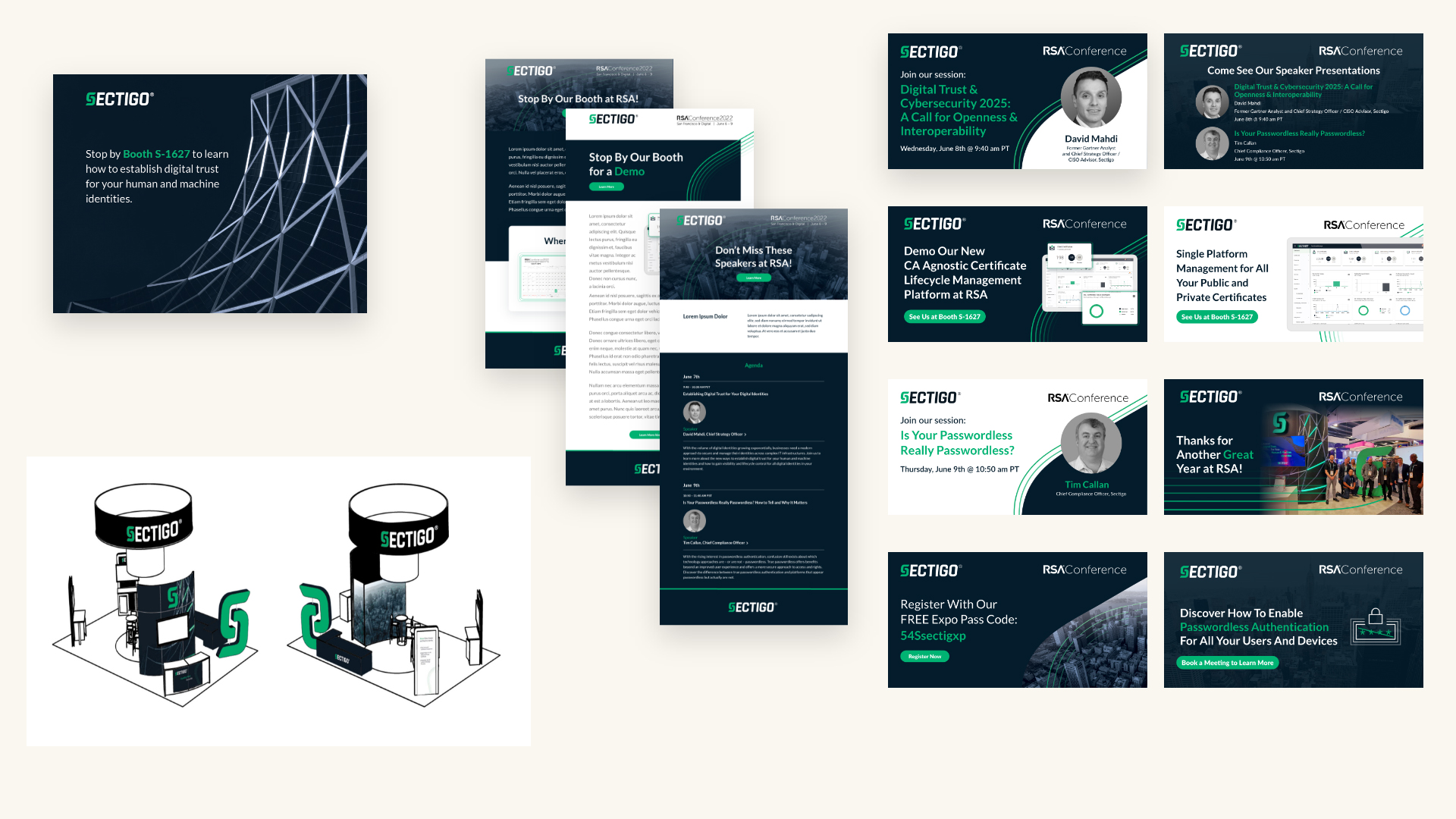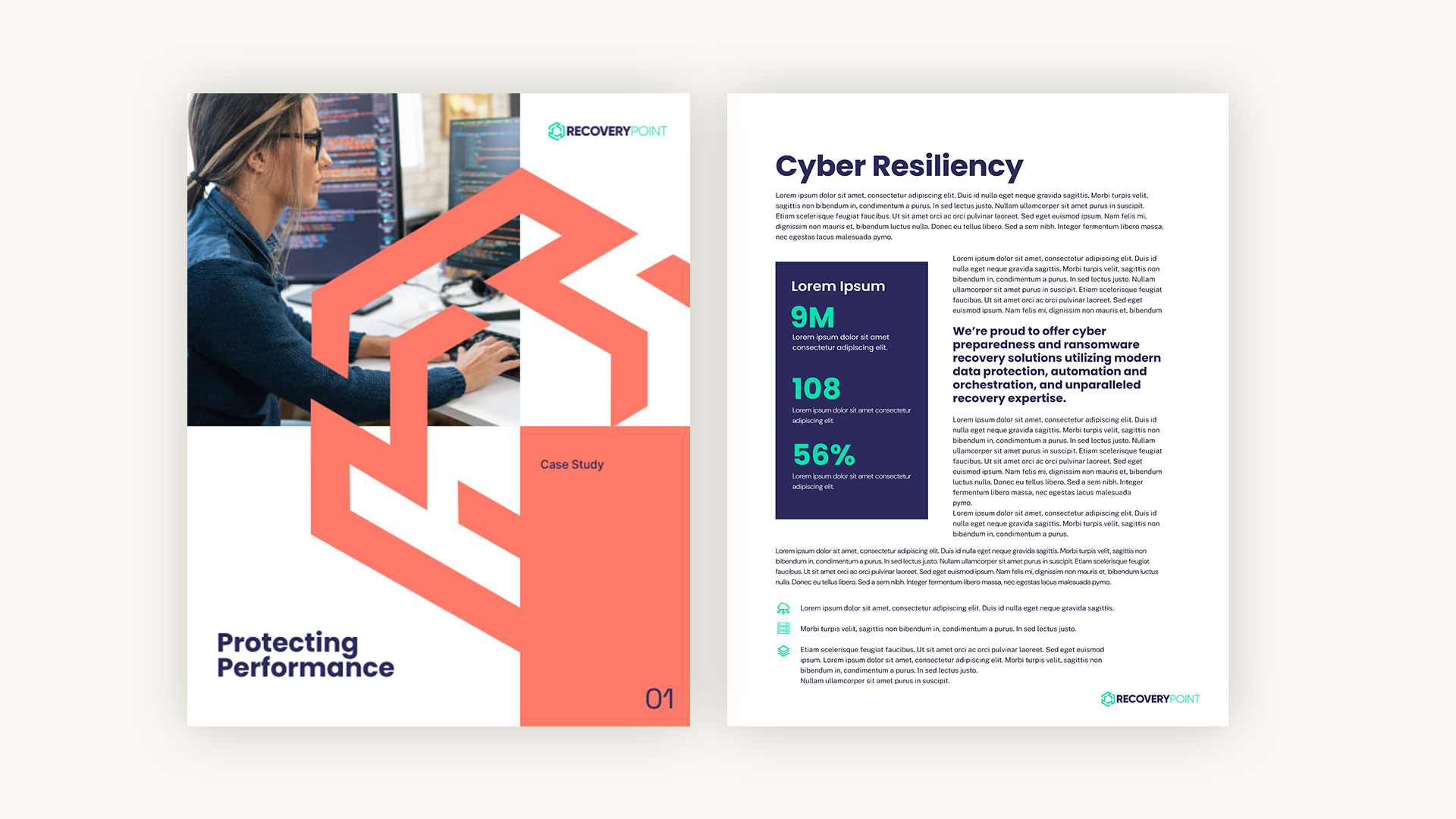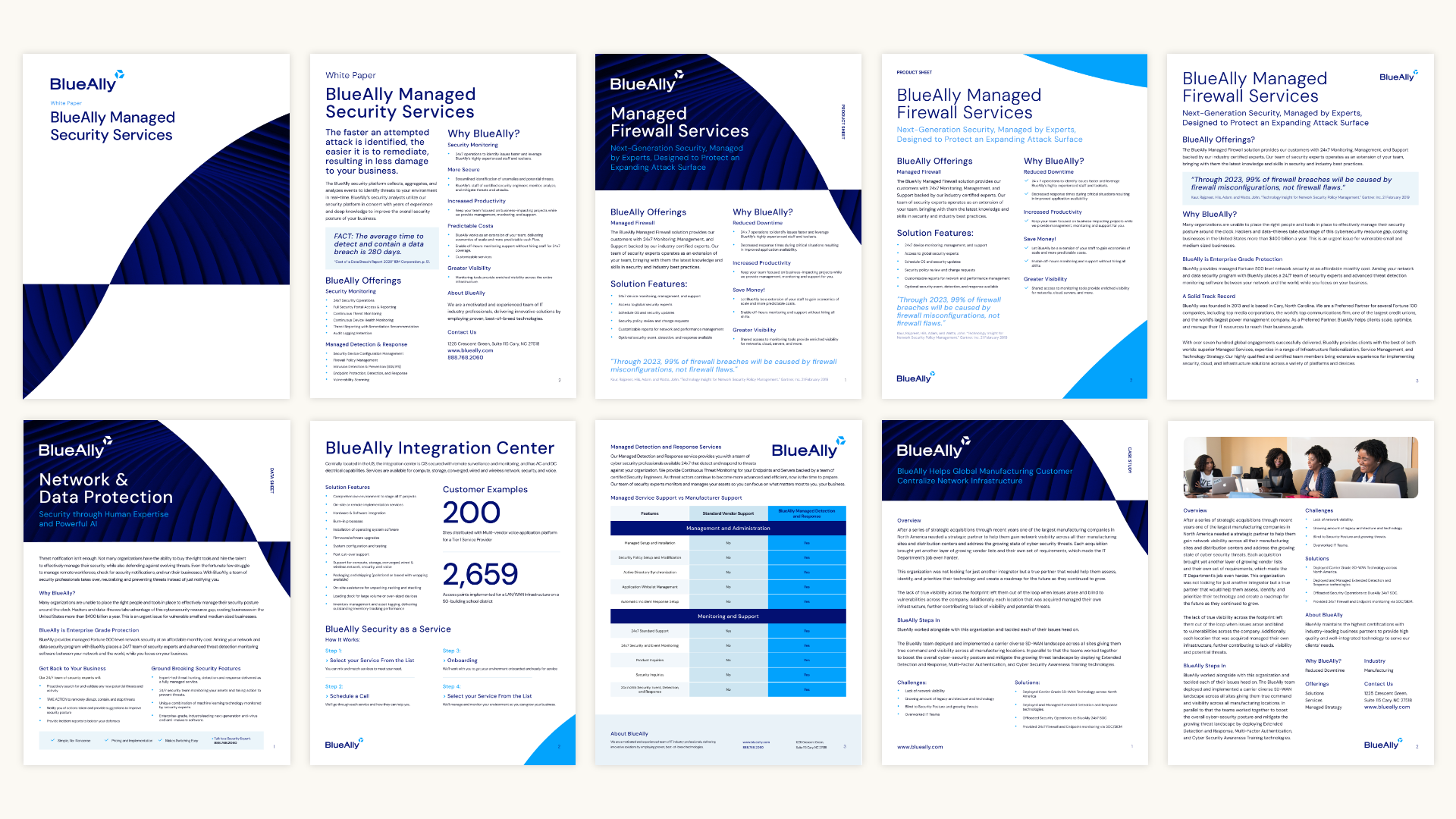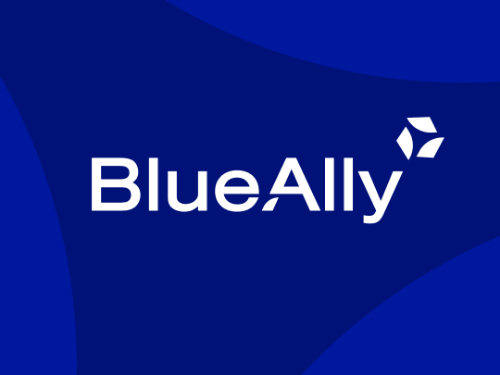In today’s hyper-competitive market, Software-as-a-Service (SaaS) companies are often challenged to scale quickly and globally. While this growth presents immense opportunities, it also requires an equally robust content marketing strategy that can adapt and thrive across diverse markets. Developing a scalable content marketing framework is key to ensuring your messaging resonates with a global audience while maintaining consistency and efficiency.
In this post, we’ll explore how to create scalable content marketing frameworks that drive global growth for SaaS companies, from building a foundation to leveraging automation and cross-functional collaboration.
Why a Scalable Framework is Key for Global SaaS Growth
For SaaS companies, scalability isn’t just a technical or product-related goal—it applies to marketing as well. Content plays a crucial role in driving awareness, engagement, and conversion throughout the customer journey. However, scaling this content globally presents unique challenges. How can a company ensure a consistent brand voice while localizing content for different regions and cultures? How do you manage the sheer volume of content needed to reach multiple markets?
A scalable content marketing framework solves these challenges by creating a structure that allows for growth while maintaining efficiency. Such a framework ensures that content can be easily adapted, replicated, and distributed across multiple regions while still meeting local market demands.

Developing a Scalable Content Marketing Framework
Creating a scalable content marketing framework starts with a solid foundation that supports global and local efforts. Here are the key components:
1. Building Blocks for Scalability
- Core Messaging: Your brand’s core messaging and value proposition must be clearly defined and consistent across all markets. This includes identifying key themes, target audience pain points, and the benefits your product provides. Ensure this messaging is flexible enough to be adapted to different cultural contexts.
- Content Pillars: Establish core content pillars that reflect your SaaS product’s benefits and use cases. These pillars should guide the creation of evergreen content (such as blog posts, guides, and whitepapers) that can be repurposed for different regions with minor adjustments.
- Templates and Modular Content: Build templates for common content types like case studies, blog posts, landing pages, and emails. Modular content allows you to maintain consistency across global markets while making localized tweaks to suit regional preferences.
2. Localization Without Losing Brand Consistency
One of the key challenges for global SaaS companies is balancing the need for consistent brand messaging with the nuances of different regions. A scalable framework allows for localization while retaining the essence of your brand.
- Localized Content Strategy: Develop content that is tailored to each region’s language, cultural nuances, and business environment. For example, what resonates with audiences in the U.S. may need to be adapted for European or APAC markets in terms of tone, references, and even the types of content that perform best.
- Maintain a Unified Brand Voice: Ensure your global team understands the importance of a consistent brand voice. Even as content is localized, the core values and personality of your brand should remain intact. This is especially critical when working with regional content creators or agencies.
3. Content for Every Stage of the Customer Journey
To effectively scale content marketing, it’s essential to map content creation to each stage of the SaaS customer journey—from awareness to purchase, onboarding, and retention. A well-planned framework ensures you produce content that not only generates leads but also supports customer success and reduces churn.
- Awareness Stage: Educational content such as blog posts, guides, and videos that introduce prospects to your product’s value. These pieces can be easily localized and repurposed globally.
- Consideration Stage: More in-depth content like case studies, webinars, and whitepapers that help potential customers evaluate your product’s fit for their needs.
- Decision Stage: Content that addresses specific objections or product comparisons. At this stage, localized versions of case studies and testimonials can be extremely effective.
- Retention Stage: Content that supports customer success, such as user guides, product updates, and educational webinars tailored to specific regional use cases.
Leveraging Data and Automation to Scale Content
As your content efforts grow globally, manually managing and personalizing content for different markets becomes increasingly challenging. This is where data and automation come into play.
- Data-Driven Insights: Use analytics to track the performance of content across different markets and regions. This data can guide your content strategy, helping you understand what works best in each location and refining your approach over time.
- Automation Tools: Content management systems (CMS) and marketing automation platforms are critical for scaling efficiently. Automation allows you to streamline content distribution, enabling you to schedule and deploy content across multiple channels and regions simultaneously. It also helps personalize content at scale, so your audience receives relevant messaging without the need for manual intervention.
- Personalization at Scale: While global consistency is essential, personalized content resonates more with audiences. Leverage automation tools to create personalized experiences that align with the customer’s location, industry, and stage in the buyer’s journey. This ensures a relevant and engaging experience, even at scale.
Collaborating with Cross-Functional Teams
Scaling content marketing globally requires close collaboration across departments, from marketing and sales to customer success. When these teams are aligned, your content can better support each stage of the customer lifecycle, from lead generation to customer retention.
- Sales Alignment: Collaborate with sales teams to ensure content addresses the needs and objections they encounter in conversations with prospects. Sales can also provide insights into regional differences in buyer behavior, which is crucial for localized content.
- Customer Success Integration: Your content doesn’t stop after a customer signs up. Work closely with the customer success team to develop content that helps onboard, educate, and retain customers. This includes user guides, product tutorials, and tailored educational materials.
- Internal Stakeholders: Engage internal stakeholders, such as regional marketing teams, to ensure that content not only aligns with global goals but also meets the unique needs of each market. Having buy-in from regional teams ensures smoother localization and implementation.
Measuring the Success of a Scalable Content Marketing Framework
To ensure your content marketing framework is effective, it’s important to establish clear metrics for success. These metrics will vary depending on the goals of your content strategy but often include:
- Content Performance: Track engagement metrics such as page views, time on page, and social shares to evaluate which content resonates most with your audience.
- Lead Generation: Monitor how effectively your content is driving qualified leads across different regions.
- Conversion Rates: Measure the impact of your content on conversion rates, from leads to paying customers.
- Customer Retention: Analyze how content supports customer retention efforts, such as reducing churn or increasing product adoption.
By continuously tracking and optimizing these metrics, you can refine your content marketing framework to ensure it scales effectively as your SaaS company grows.

Ready to Scale Your SaaS Content Marketing Globally?
Developing a scalable content marketing framework is crucial for SaaS companies aiming for global growth. By focusing on core messaging, localization, automation, and cross-functional collaboration, you can create a framework that allows your content strategy to scale efficiently across regions, driving engagement and conversions at every stage of the customer journey.
At Bluetext, we specialize in building scalable content marketing frameworks that drive global growth for SaaS companies. From core messaging to localization and automation, we can help you create a strategy that resonates with audiences across markets while maintaining consistency.




